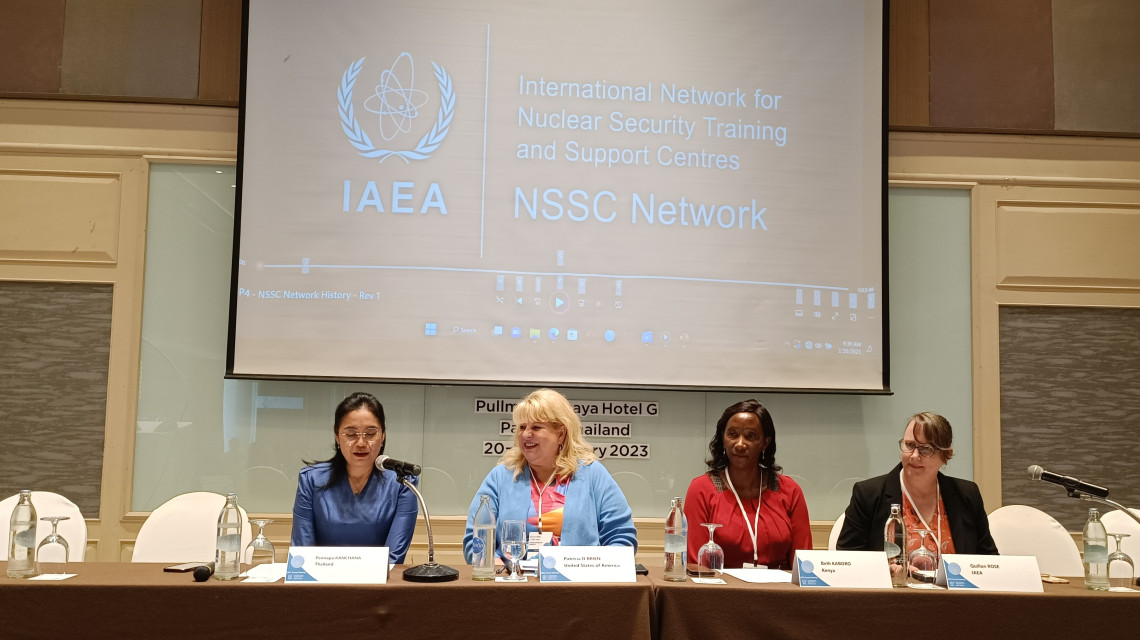Nigerian nuclear security experts visited Malaysia’s national regulatory authority, Atom Malaysia, and other key nuclear institutes to learn about Malaysia’s experience in human resource development and technical support programmes. The recent visit marked the post COVID-19 restart of core activities of the IAEA’s International Network for Nuclear Security Training and Support Centres (NSSC) Network, which supports Nuclear Security Support Centres to develop new capabilities.
The technical exchange covered many aspects to support the sustainability of Nigeria’s national nuclear security regime and its operational implementation, as well as discussions on establishing a coordination mechanism for and resourcing an NSSC.
“Sharing the experiences and expertise of members and observers of the NSSC Network is one of the cornerstones of this community of practice,” said Jason Tierney, Head of the Programme Development and International Cooperation Section at the IAEA’s Division of Nuclear Security. “The Nigerian delegation visited Malaysia’s NSSC and several stakeholders to build capacity of Nigeria’s human resources development and technical support programmes, by learning from Malaysia’s good practices and lessons learned.”
The exchange visit highlighted the importance of nuclear security culture, the need for promoting a diversified workforce of well-trained professionals, and for implementing a systematic approach to training.
“Malaysia’s stakeholder cooperation is very comprehensive and it was useful to understand how national organizations with different roles and responsibilities in nuclear security collaborate. Malaysia has the highest number of female professionals I have witnessed so far, actively involved in all the facilities we visited; this was particularly very impressive for me as an advocate for Women in Nuclear,” said Pamela West, Nuclear Security Officer at Nigeria’s Office of the National Security Adviser.
Adamu Abdul, Coordinator of the Nigeria NSSC, the Nigerian Nuclear Regulatory Authority and National Nuclear Security Coordination Centre, said: “We will explore the possibility of adopting some of Malaysia’s good practices in stakeholder coordination and human resource development. The NSSC stakeholders provided guidance on applying a coordinated, graded approach to training and implementing the results of training needs analysis.”
The exchange visit was supported by funding from Canada.







